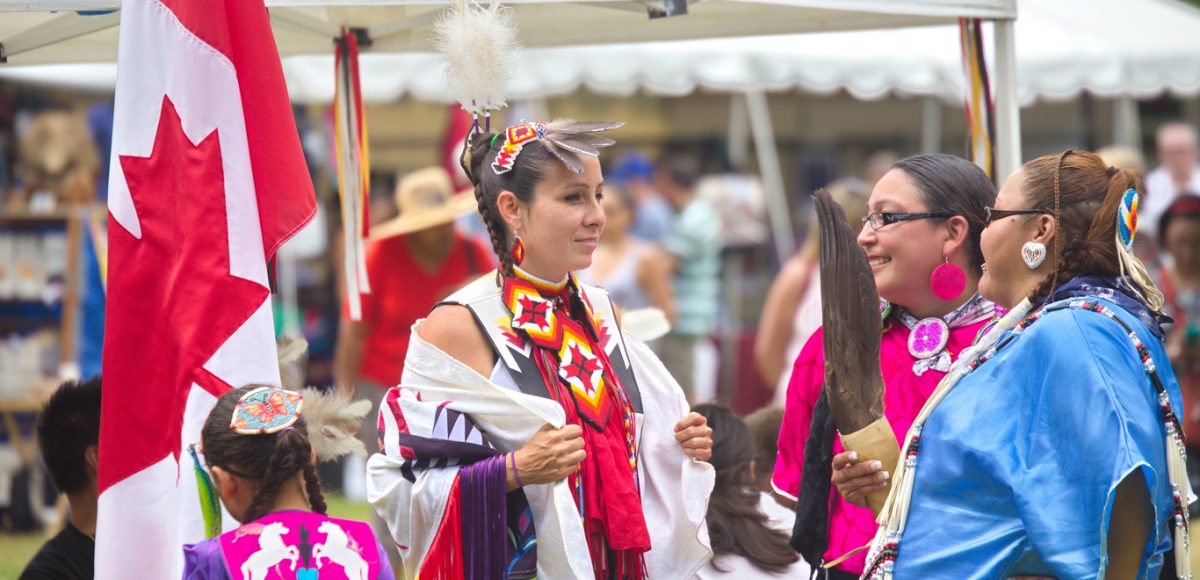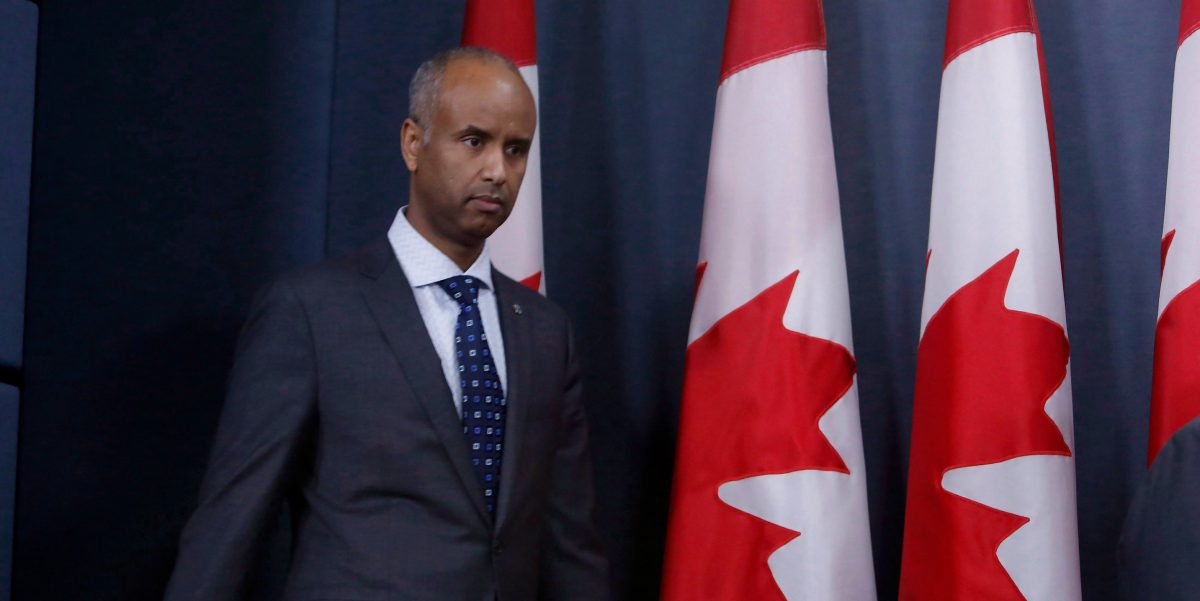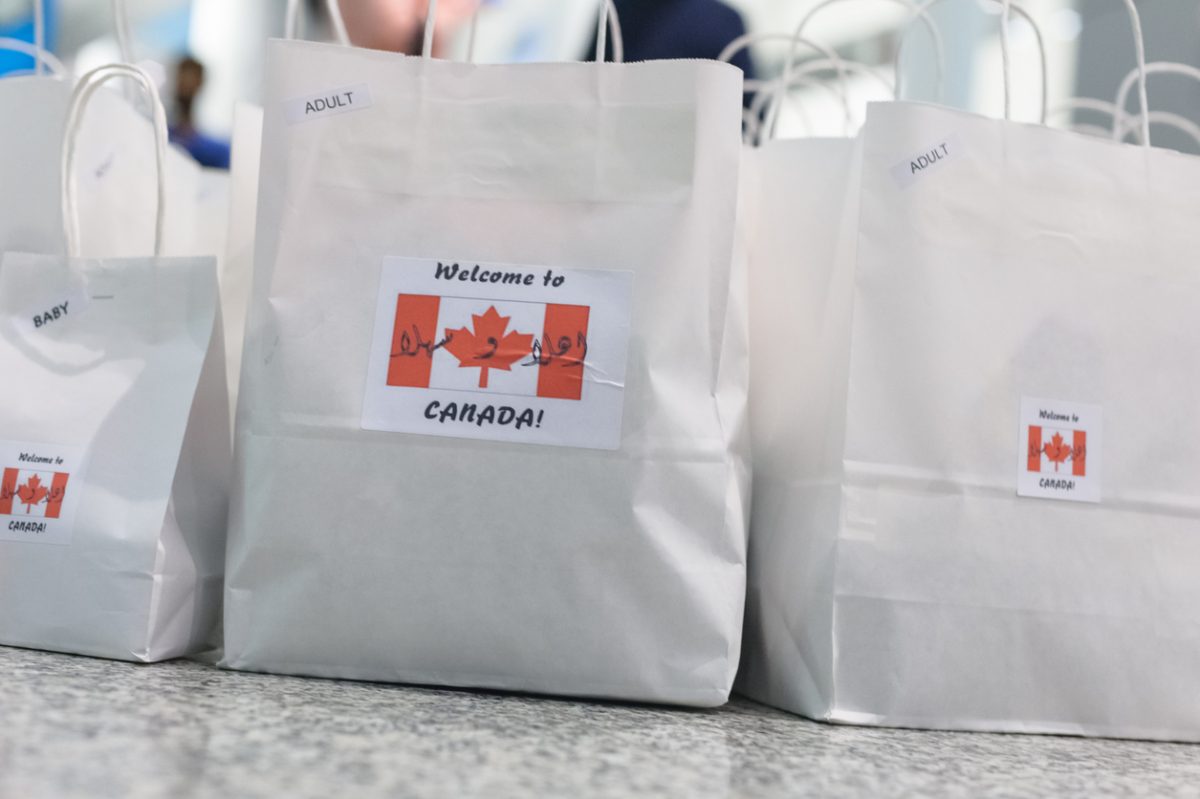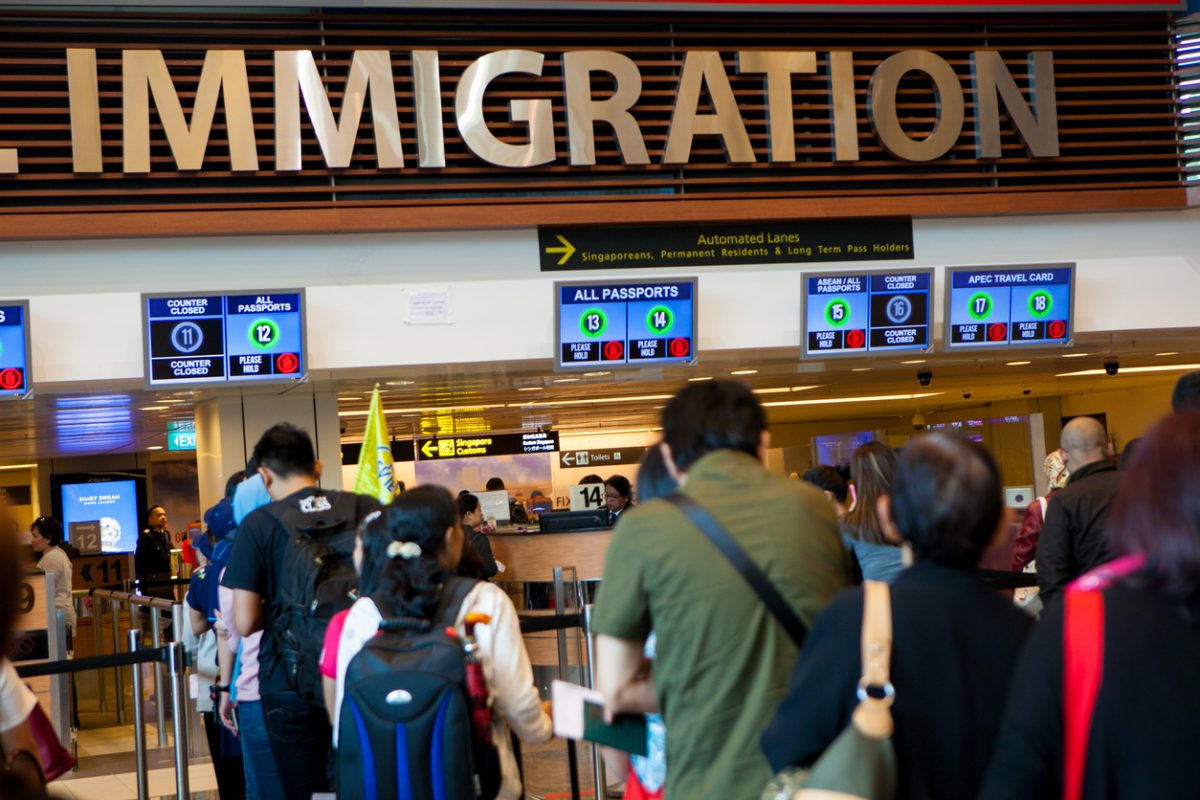As Canada slowly moves towards reconciliation with its Indigenous communities, many are asking what role should immigrants be playing in this process. For Leonzo Barreno the road to reconciliation starts with education.
Just like their Canadian-born counterparts, new Canadians need to learn more about Canada’s Indigenous people, their history, their contributions and the issues facing their communities, says Leonzo Barreno.
“This is a country of immigrants, with the exception of the First Nations people, we all came here from somewhere and I think we simply owe to them to at least know a little bit more about them,” says Barreno, the Global Chair in Journalism and Aboriginal Affairs at the University of Regina in Saskatchewan since 2003. “This is their land, legally this is still their land.”
As an Indigenous Mayan fleeing the violence in his native Guatemala, Barreno says he was immediately drawn to the history of Canada’s Aboriginal communities and their struggles when he immigrated to Canada in 1989.
“I think immigrants sometimes when they are not informed about how is it that Canada was formed, our prejudices against the Indigenous peoples start to develop,” says Barreno.
Overcoming systemic ignorance
Barreno faults systemic failures in Canada’s education system for the lack of knowledge of Indigenous history and contemporary issues facing the country’s Aboriginal, Inuit and Metis communities both among Canadian-born and immigrant populations.
“Very few people know about the treaties, much less know about the residential schools, they don’t know about the cultural genocide, and in some cases physical genocide that happened in this country,” Barreno says.
(listen to the full interview with Leonzo Barreno)
Link to Leonzo Barreno’s university page:
https://www.uregina.ca/arts/journalism/faculty-staff/faculty/barreno-leonzo.html










